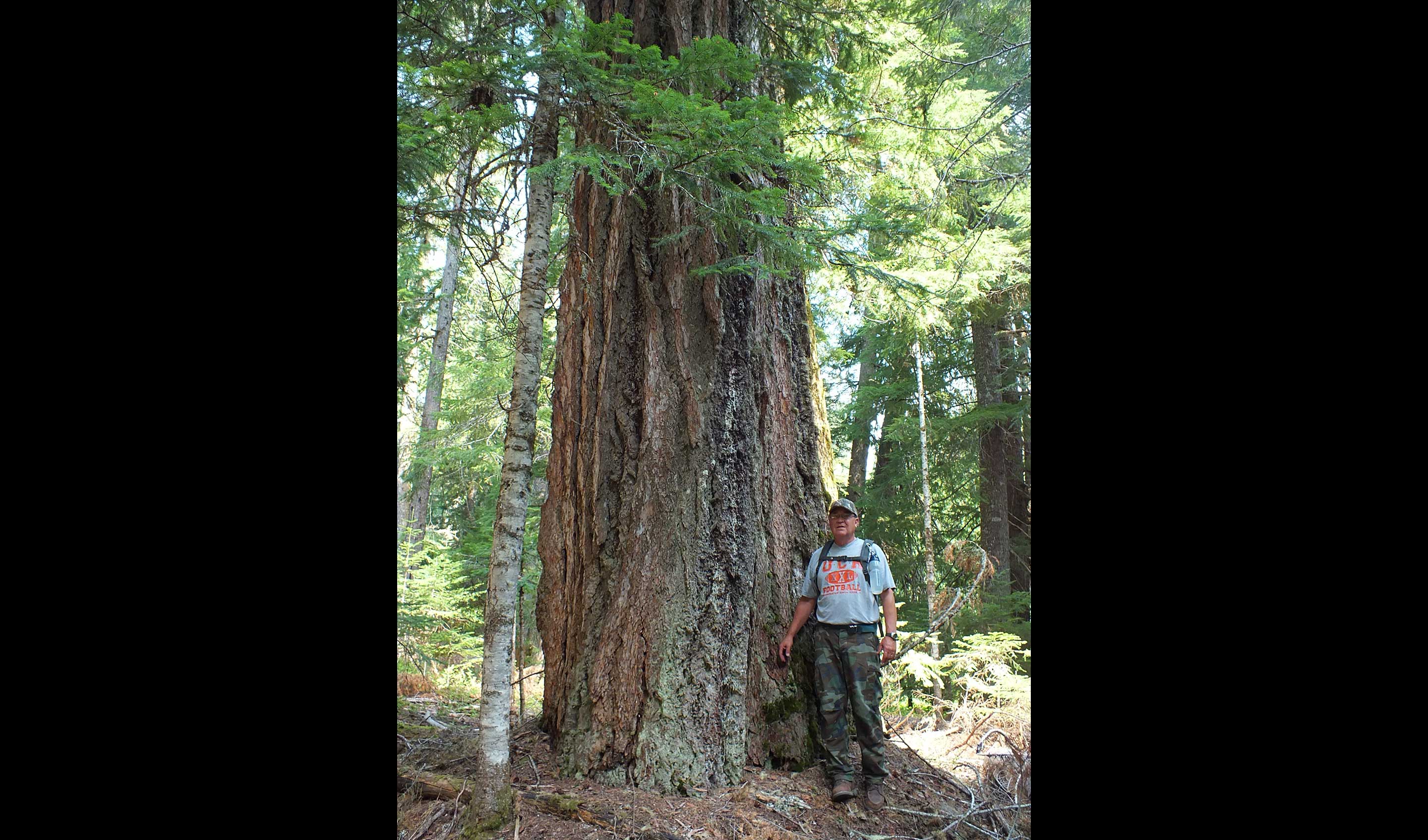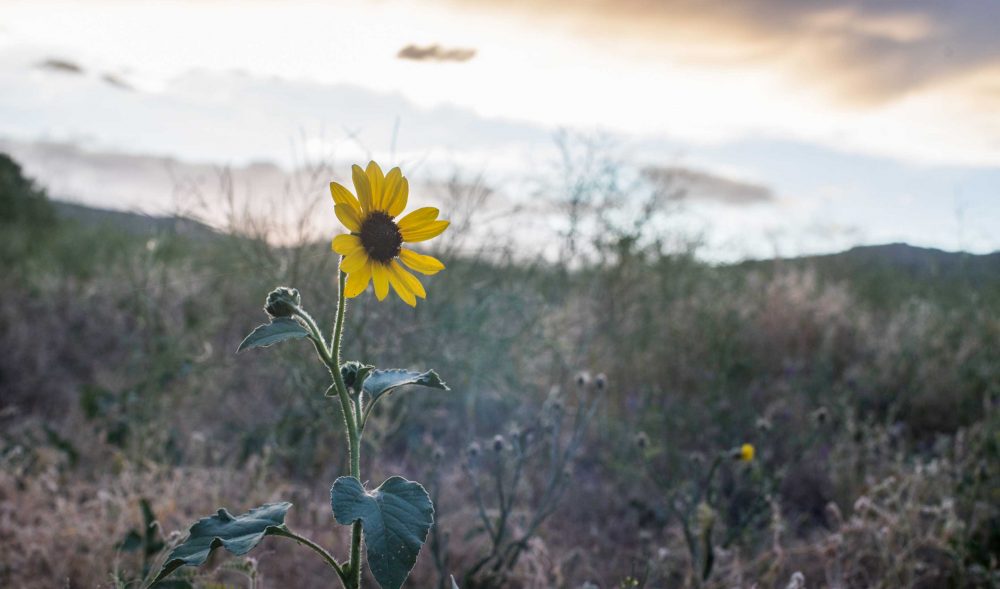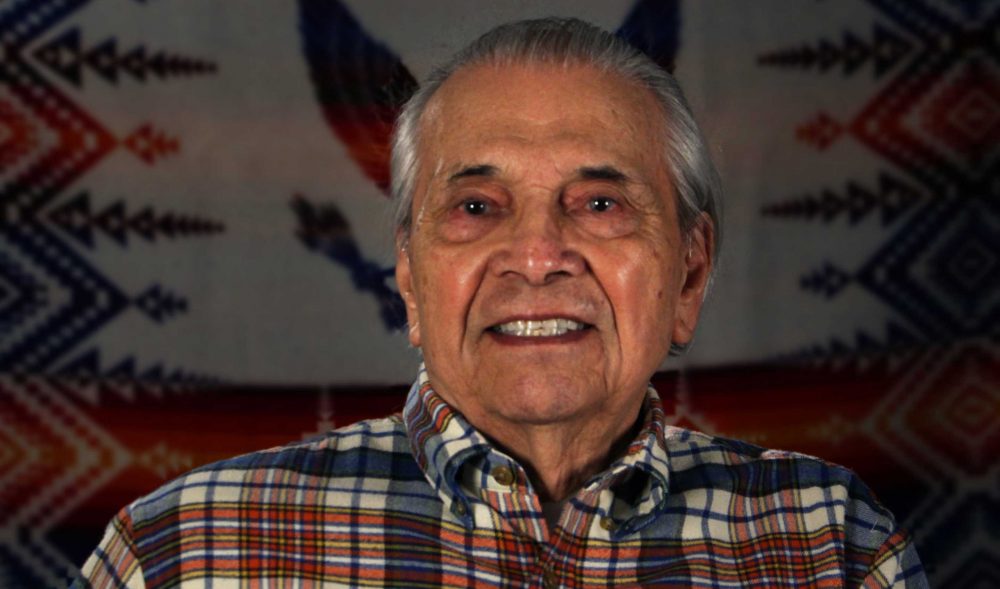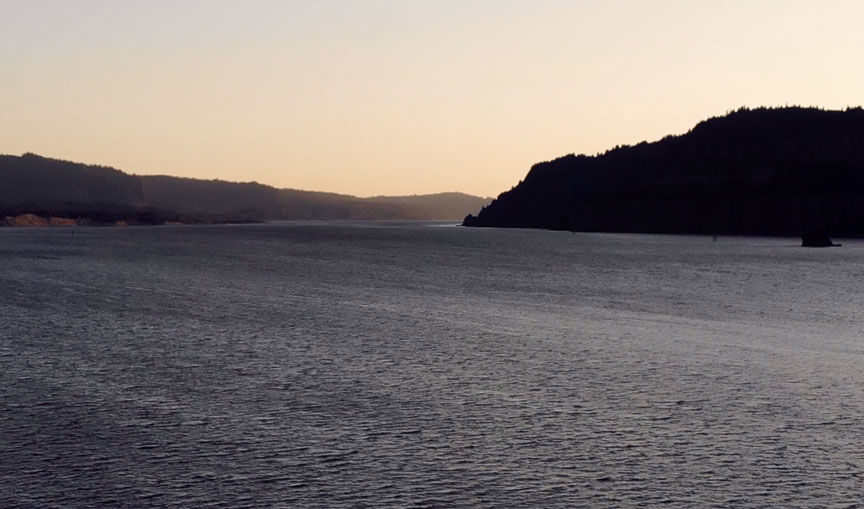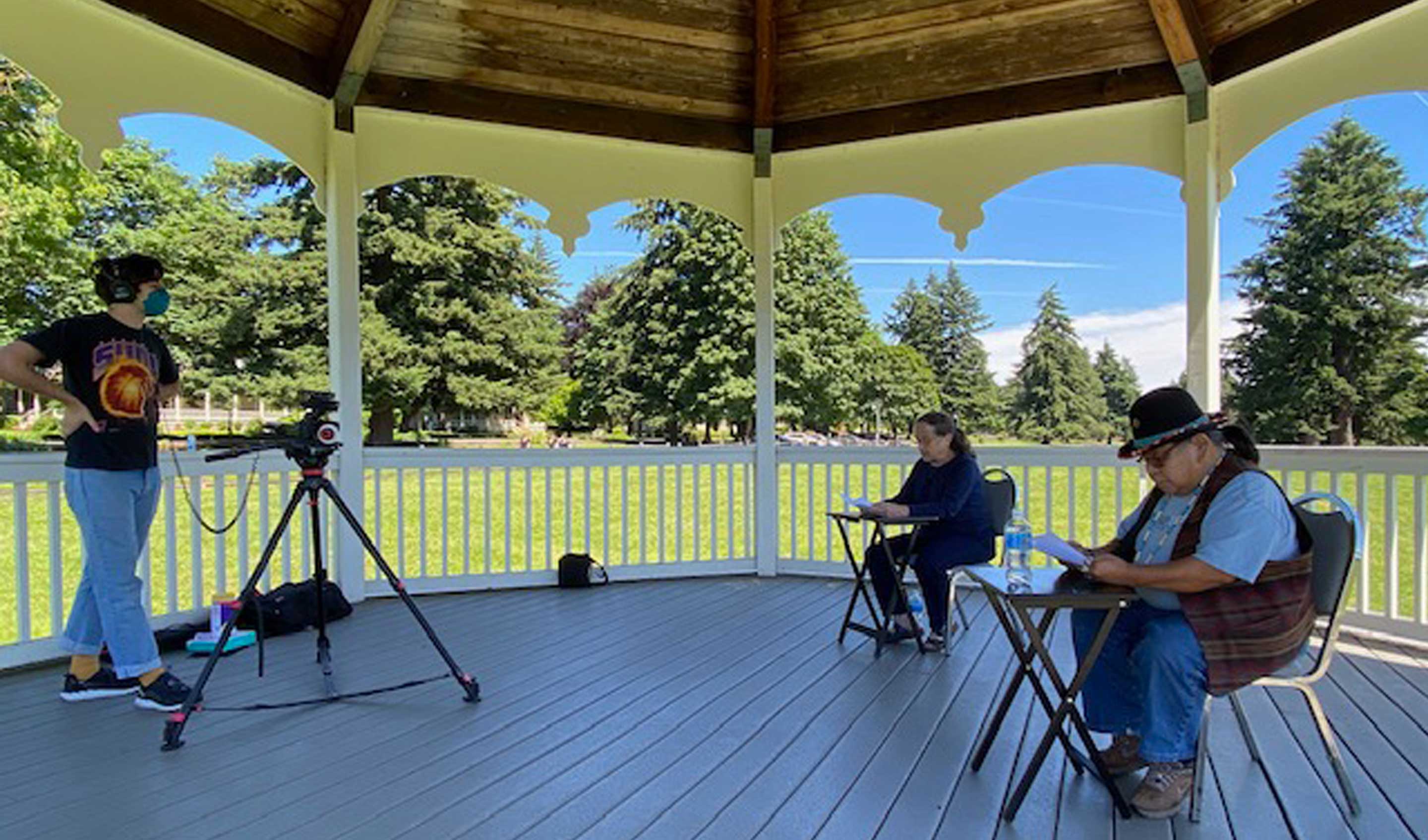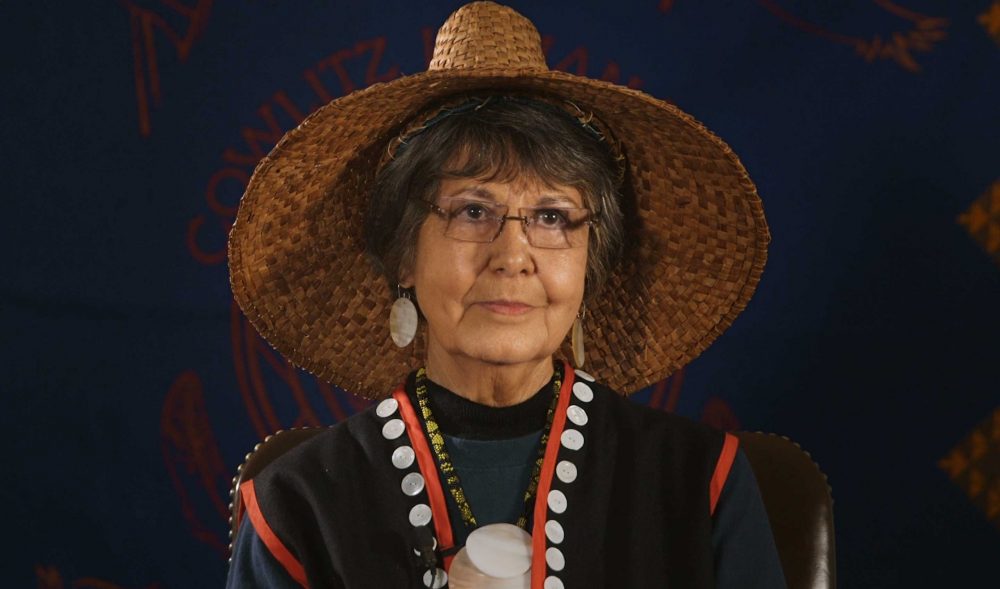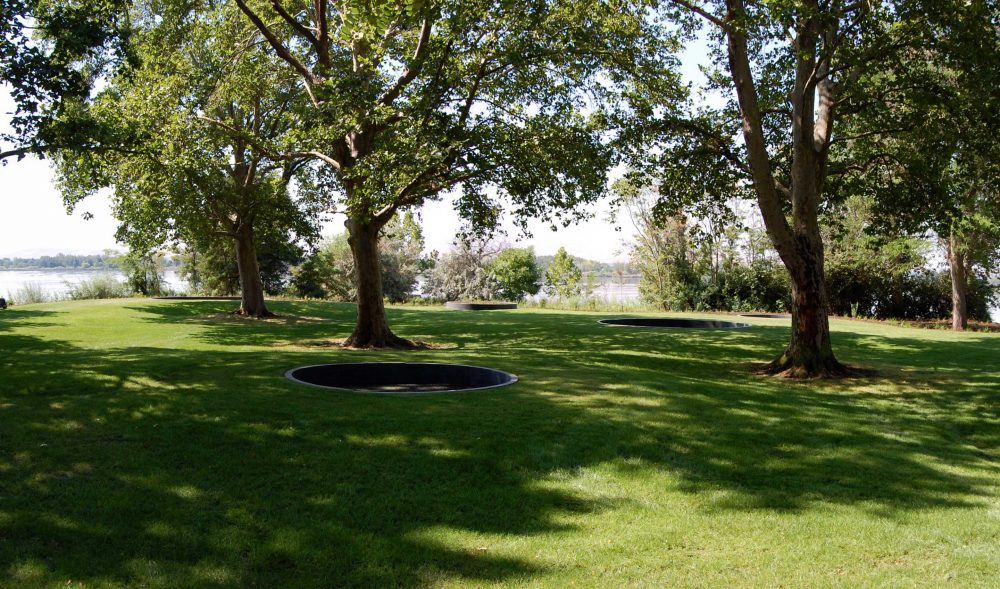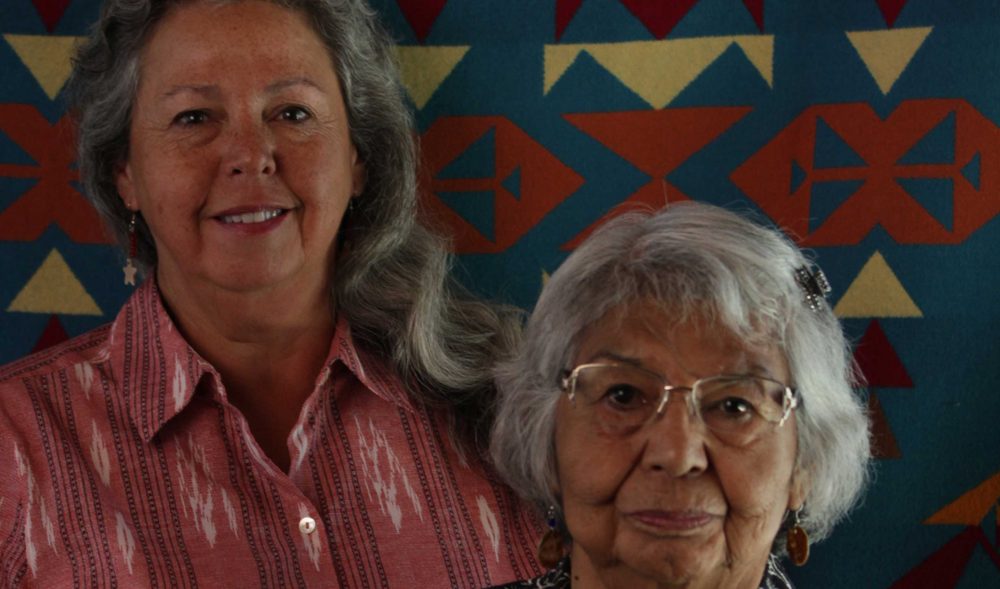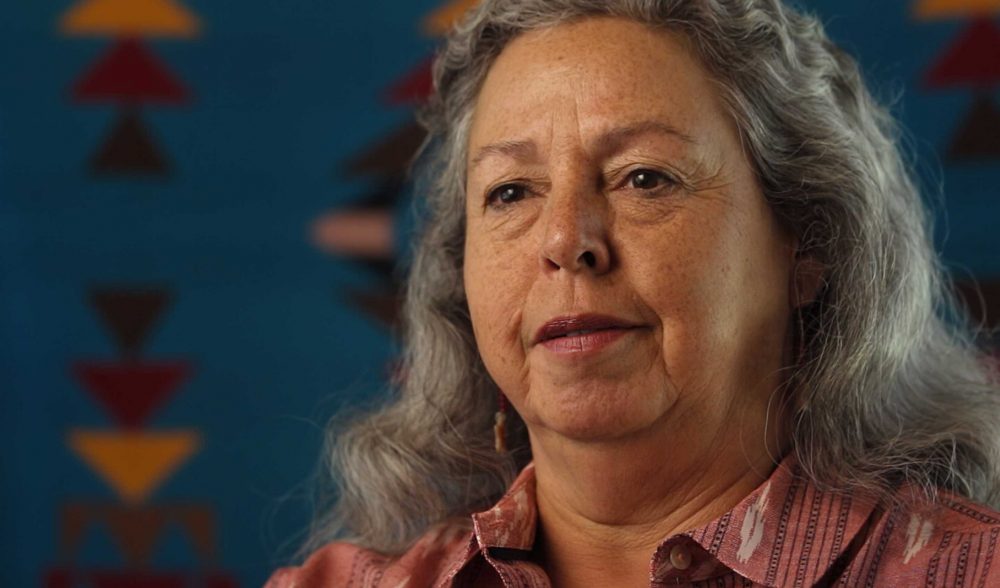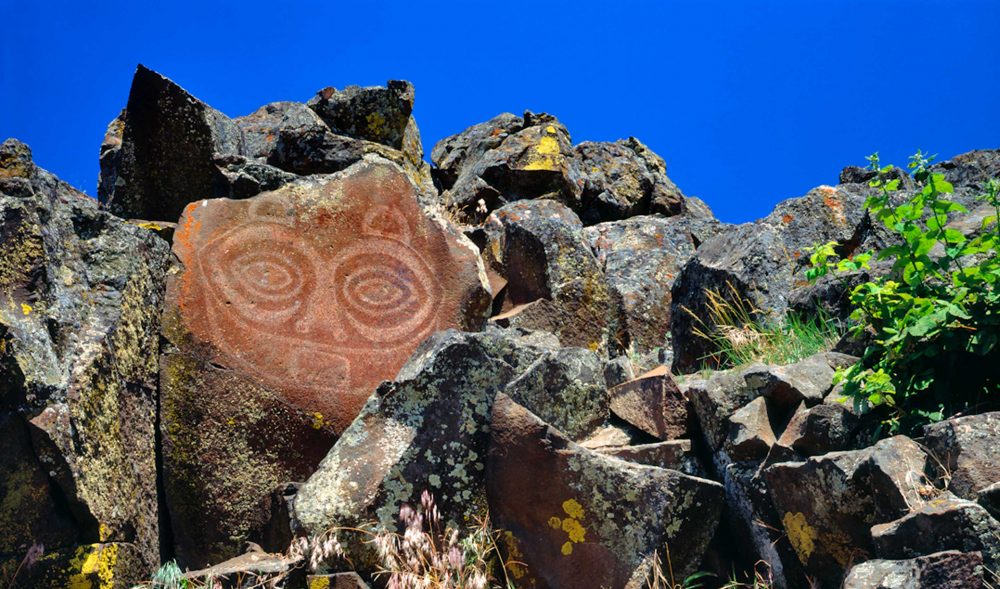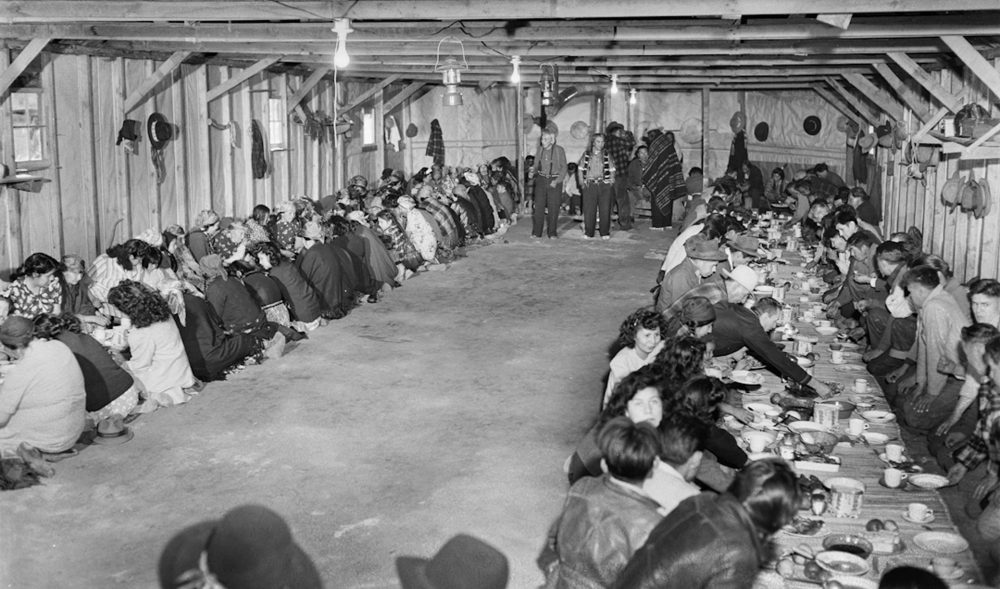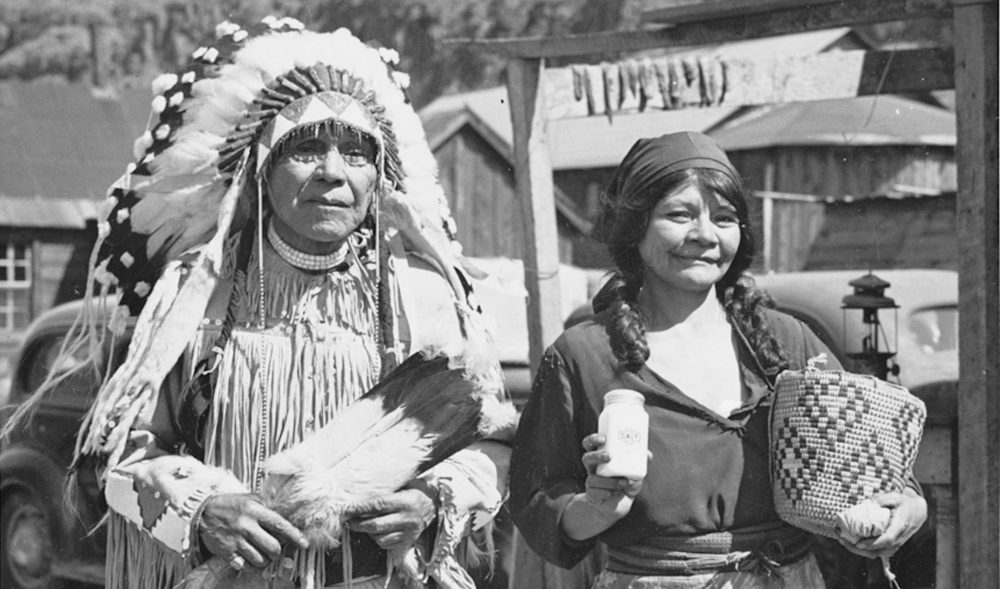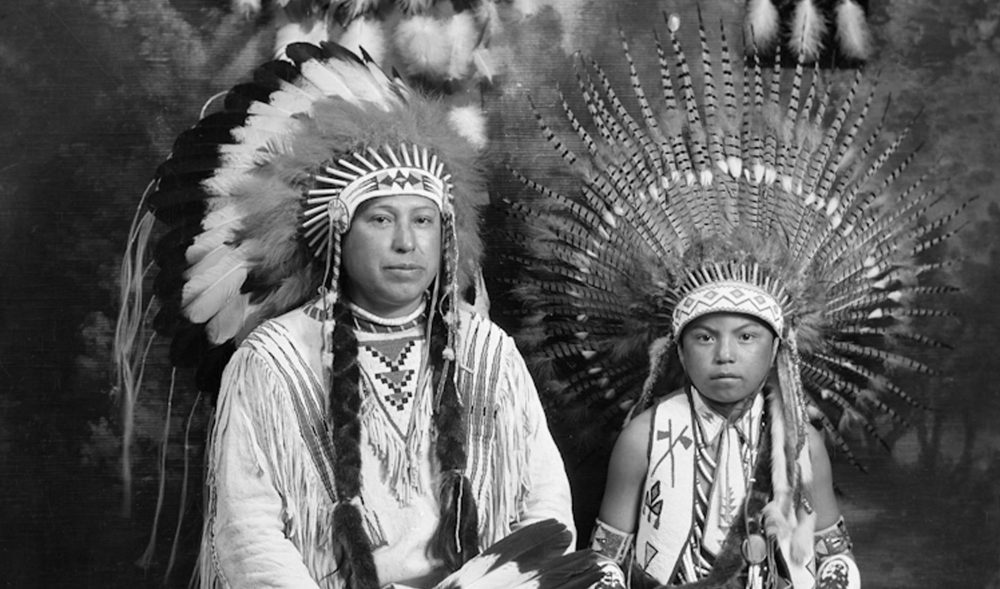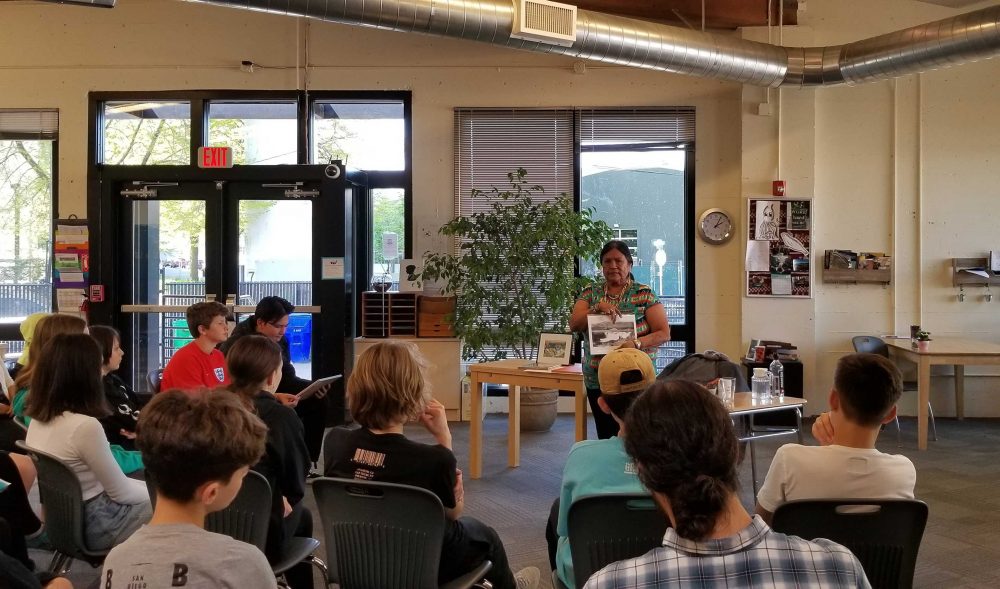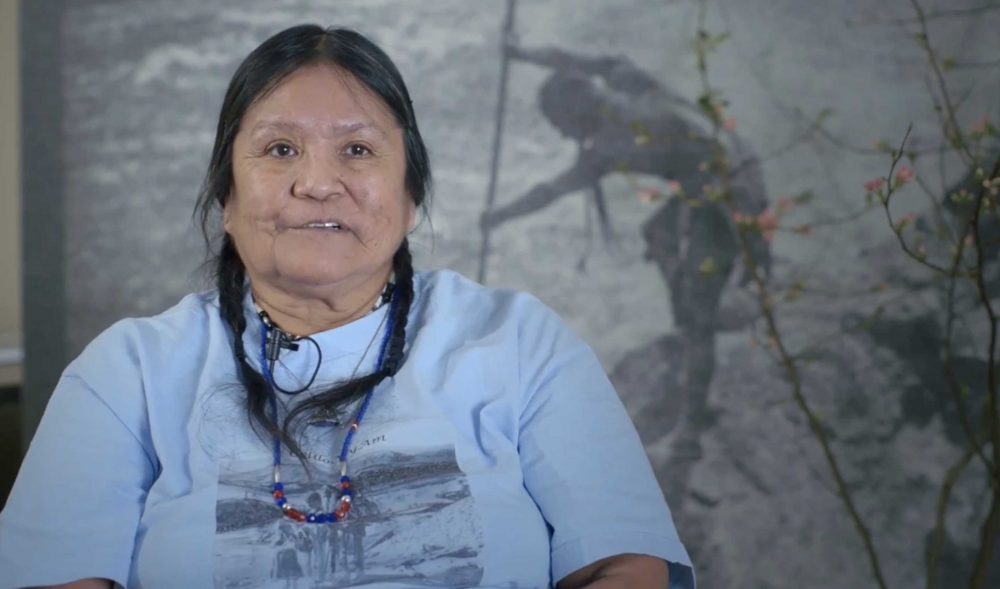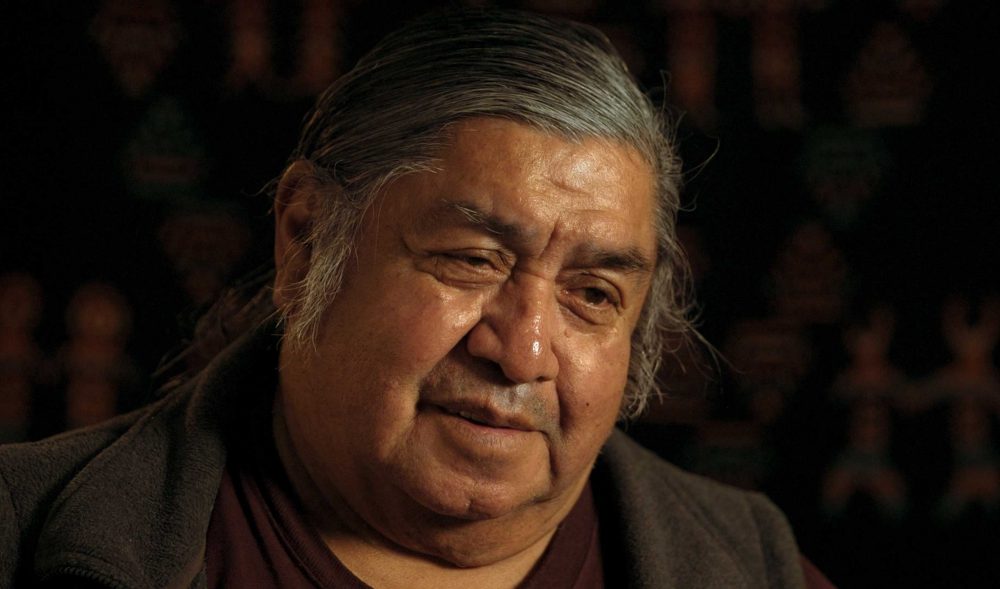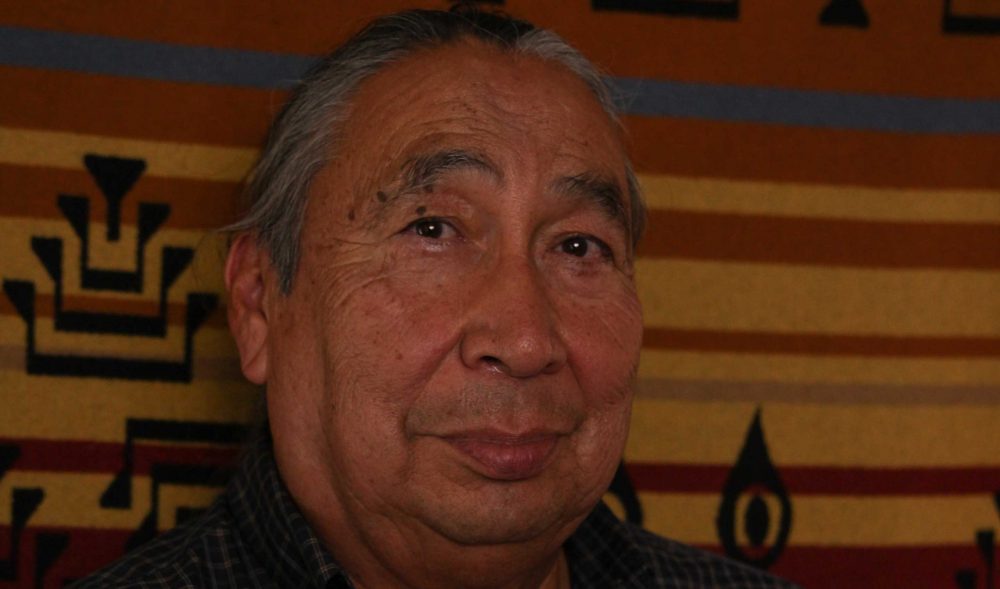Search result
In this article, Keri E. Iyall Smith (Cowlitz) details how, by taking cues from Indigenous Peoples who see the natural world as relatives, equal to humans, entitled to protections and thoughtful (minimal) use, it is possible to shift away from attitudes that expanded in the colonial era, which see land as a thing to be conquered and with resources to be extracted.
This Story Collection explores ways of looking at our economy in terms of our environment, our history and our connections to each other.
In this excerpt, Bryson Liberty talks about how scaffolds were built and the process of fishing.
This Story Collection is based on a conversation between Native Storyteller Ed Edmo and Professor Lani Roberts, where they discussed their parallel childhoods growing up in The Dalles and the discrimination that Ed faced there.
Native American Elder, Storyteller, and Educator Ed Edmo, and former professor Lani Roberts speak about growing up in The Dalles during the 1950s. Although they grew up in the same area and are the same age, their lives were lived in parallel fashion because of the differences in their ethnic heritage. Their juxtaposed stories give a full picture of rural Oregon and the parallel lives they led along the N’chi-Wana River.
Tanna Engdahl discusses trading with tribes upriver.
In the this Confluence Story Collection, we explore how stories have always defined our relationship with the Earth and with each other. Indigenous oral histories have been dismissively called “myths.” Yet there are universal truths in these real stories backed up by today’s science.
Roberta Conner describes winter villages and tributaries, communal knowledge, and the time of low water.
Roberta Conner discusses Celilo Falls, traditional lifeways, and how oral traditions carry important truths in a episode of the Confluence Podcast.
This gallery features photographs of rock art. The Celilo Falls area was rich in rock art prior to its flooding.
This gallery features photographs from the Feast of the First Salmon celebrations held in 1939, 1940, 1945, 1948, 1954, 1956, and 1957.
This gallery features photos of Wyam Chief Tommy Thompson and his wife Flora.
This gallery features Chief Tom Frank Yallup, his son Douglas, and Chief William Yallup, Sr.
This is a list of off-site resources that can be helpful for teachers.
Linda Meanus (Confederated Tribes of Warm Springs) talks about Tommy Thompson and the importance of salmon.
Wilbur Slockish (Klickitat, Yakama) talks about a conversation he had in prison that reshaped the way he looked at cultural relations.
Wilbur Slockish (Klickitat, Yakama) talks about the removal of rights and forcible relocation to reservations such as Fort Simcoe.
Wilbur Slockish (Klickitat, Yakama) talks about how the ideas of Western science and free market are harmful to the Native food supply and conservation practices.
Wilbur Slockish (Yakama, Klickitat) talks about water as where life comes from and is a provider. 1:05.
Louie Pitt (Confederated Tribes of Warm Springs) talks about his memories of visiting Celilo Falls and watching other fish.

